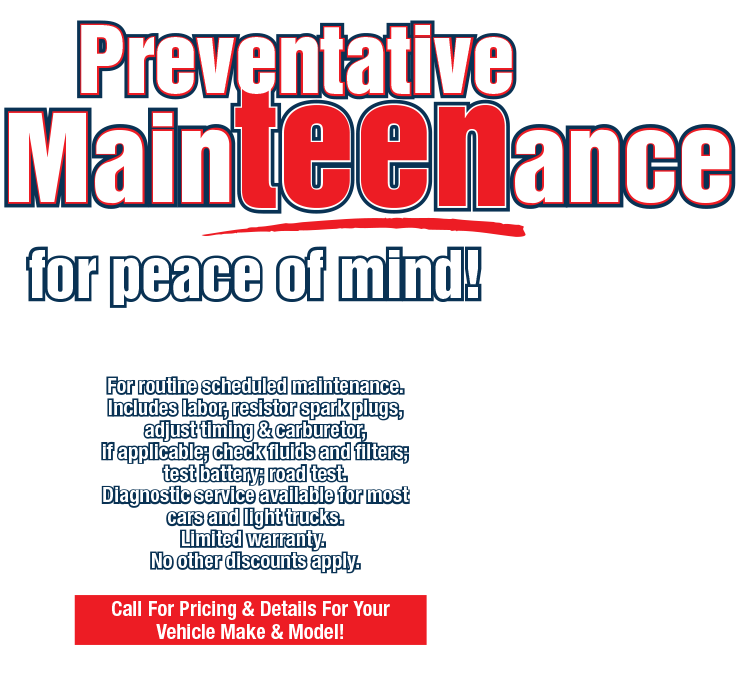Emergency! (Vehicle Emergency items)
September 15, 2024
"I never expected it could happen to me." Countless drivers have said that after they've had an emergency turn their lives upside down. So before that happens to you, let's thinking about planning ahead for an emergency with a few things you should keep in your vehicle.
- Road flares. If you've ever driven by a disabled vehicle sitting at the side of the highway at night, you know how terribly hard it is to see, especially in bad weather like rain. If you are the one in that broken down vehicle, you run the risk of being hit by a vehicle whose driver literally may not be able to see you. The best emergency signal includes one or more road flares. There's a reason police officers and firefighters carry them in their vehicles. When you see a series of burning red flares at the side of the road, you know something serious is going on. These are far more visible at a much longer distance than nearly any other portable signal device.
- Fire extinguisher. Thousands of vehicles catch fire every year. Most fires start small but can get out of control. It's vital to have a fire extinguisher in your vehicle, and there are several small ones designed especially for the job. Since many different types of vehicle fires can start, make sure the extinguisher you choose will handle every fire from gasoline to electrical. Some have handy mounting brackets. And keep it up to date!
- Flashlight. Sure, your cell phone likely has a light in it. But you will need that phone for communication if there's an emergency. Plus, the light’s just not that bright. So carry an LED flashlight designed for automotive use. LEDs produce a lot of light with little power; plus, many of those designed for vehicles include a lantern which will light up a wider area. It’s vital if you have to read your vehicle's jack instructions or tend to an injured person.
- Drinking water and snacks. If your vehicle breaks down during bad weather and you may be forced to stay with it for a long time, you'll need food and water to survive until help can arrive. These are simply the necessities of life, so have a small supply on hand, just in case.
Other things like basic tools, a first aid kit, a space blanket and jumper cables are also good ideas. Many service repair facilities offer these items for sale, and you can ask your service advisor for suggestions. While it's fresh in your mind, plan a shopping trip and put together your own emergency kit now. Sure, you can put it off, but you may find yourself stuck in a difficult situation, saying to yourself, "Only if…"
Courtesy Auto Repair Plus
967 Bon Air Ave
Tiffin, Ohio 44883
419-443-0797
http://www.courtesyautorepairplus.com
More articles from Courtesy Auto Repair Plus

Feeling Powerless (Why Is My Battery Light On?)
February 22, 2026
When one of your vehicles warning lights comes on, the first thing that comes to mind is, Oh, no, whats wrong now? When its the battery light, it means theres something wrong with your vehicles battery or charging system. And because both are important for your vehicle to work properly, its a go... More

No Charge (Why Won?t My Battery Hold a Charge?)
February 15, 2026
When your vehicles battery is dead, it leaves you with that horrible, helpless feeling. A dead battery means it wont hold a charge, and there are several reasons it wont. One is age. Batteries have chemical and electrical systems in them that create power, and as time goes by, they wont work we... More

Reaching the Braking Point (Brake hose replacement)
February 8, 2026
If you notice your brakes arent working like they used to, thats the kind of thing thats important to have checked out soon. Thats because your brakes are extraordinarily important to the safe operation of your vehicle. Sometimes you feel like your brake pedal is feeling a little soft or its lo... More







